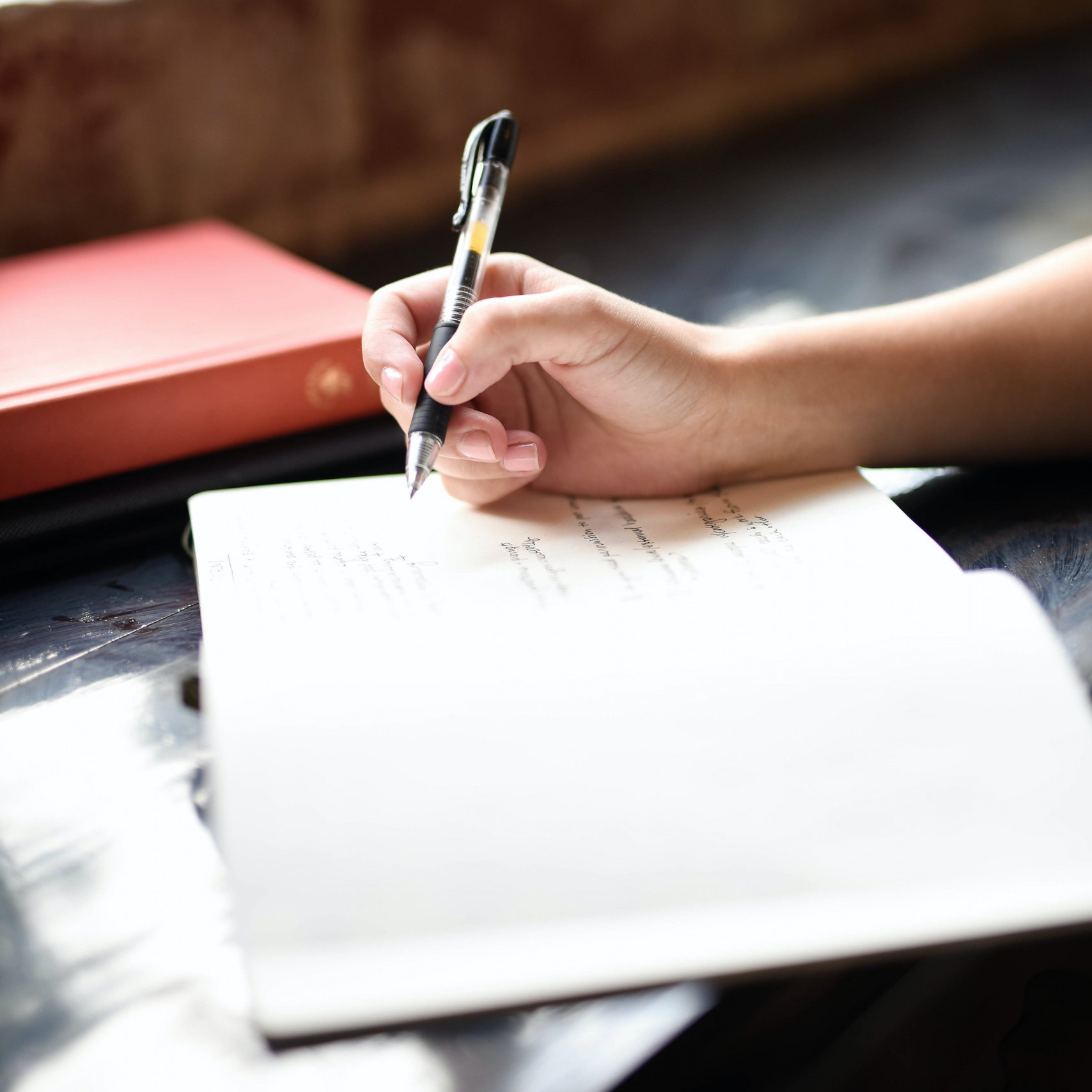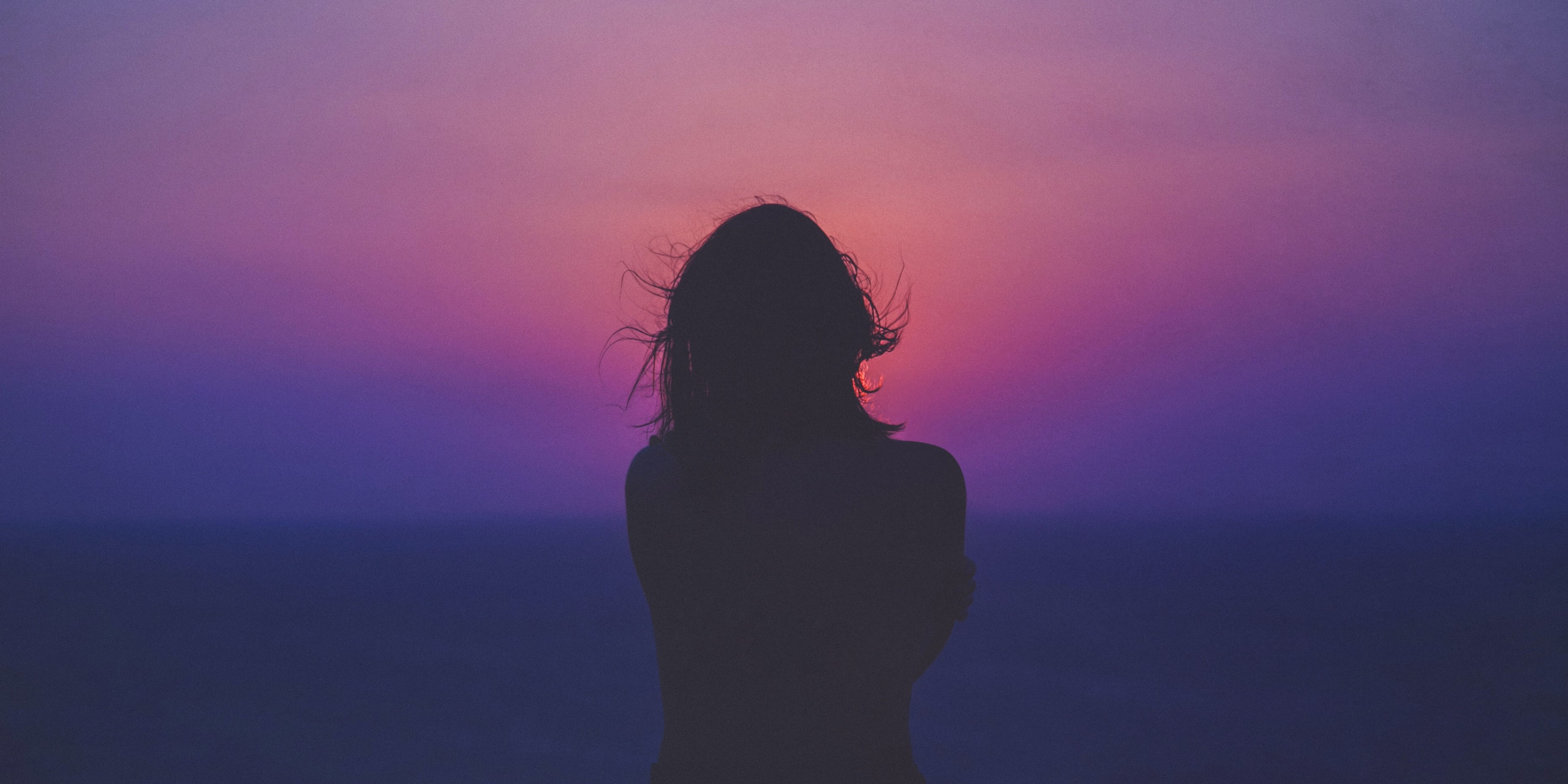“I’m not small enough…” – My Experience with Atypical Anorexia Nervosa
I’m Poppy, I’m 20 years old, and I’m a third-year veterinary medicine student who has struggled with disordered eating and exercise for my entire teenage life. A triad of causes however took this out of control in 2023, and I was diagnosed with atypical anorexia nervosa.
What is atypical anorexia nervosa? This is categorised as an ‘Other Specified Feeding and Eating Disorder (OFSED). The definition of this as an official diagnosis is where all the criteria for anorexia nervosa are met, with the exception of the extreme weight loss, and the person’s weight is within a healthy range. Now, to myself and anyone else who struggles with disordered eating, this diagnosis can easily be translated as “I am anorexic, but I am not small enough to be considered worthy of help”. This struck a chord in my perfectionist nature, where I wanted to satisfy the desire to be the “perfect, typical anorexic”, as I thought this would grant me access to more love and attention from people, and so despite taking the courageous plunge to reach out for help from the NHS, I was still crying out for more. I adopted more stringent rules and restrictions in my life and continued on a downwards spiral until I did indeed become underweight, and hence typically anorexic. I was so fixated on being smaller however, that I even continued to delve lower and lower in weight after this, all meanwhile I was attending a veterinary placement surrounded by ill animals every minute of every day, constantly thinking “I am just as ill as these patients, but why doesn’t that scare me?”.
NHS numbers and guidelines is why. Now don’t get me wrong, I am a huge healthcare advocate, but the numbers have not worked in my favour in my recovery journey. In my initial recovery stages, I was heavily reliant on my position on a waiting list (of which I am still on), the numbers on the scale, and the category I was put in as a result of that, justifying if I needed help, and if so, how much (which initially, wasn’t a lot). As a result of this, I searched far and wide for other help, and was fortunate enough to discover external support to the NHS, via a non-profit mental health support organisation. A huge misconception that I had to realise the hard way is that eating disorders do not have a set appearance. They can affect anyone: any age, gender, ethnicity and any size. Just because on paper I was not at a “dangerous weight”, it did not mean I was any less worthy of help or treatment than any other person.
My extreme frustration and numerous mental breakdowns following each appointment led me to a point where my close friends and family told me I could not live like this anymore, and do my recovery based on someone else’s rulebook. This is my recovery, no one else’s, and I have the power to take the reins and write my own recovery story, rather than relying on waiting for doctors to tell me I am sick enough to start recovery. Anorexia nervosa, whether it is labelled as typical or atypical, is a serious mental health condition that is associated with high rates of mortality, so I am passionate in my opinion that letting numbers dictate how much intervention you receive should be re-evaluated, as this could reduce the mortality rates and hospitalisations.
This was not a light bulb moment for me and did indeed take a long time for me to realise, but the power of leaning on people and talking about your inner demons helps more than you could ever comprehend.
Now I do not have all the answers, nor can I cover every point I want to cover in a single blog post, but if this reaches just one person and gives them some perspective, then I have done what I wanted to do. I am not yet fully recovered, and do not know when that point will come, but the fact that I do now believe I will get there, in itself is a powerful thing. I am less scared of food than I used to be, less restrictive with exercise than I used to be, and I am writing my own recovery story, and for that, I am proud of myself.
For anyone who is struggling, no matter who you are, what you look like, you are worthy of recovery, and you do not need validation or permission granted from anyone for you to start your recovery journey. It is yours for the taking, and I promise you it is a beautiful, emotional, painful yet rewarding journey that you will not regret.


